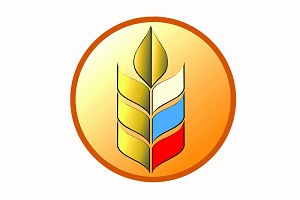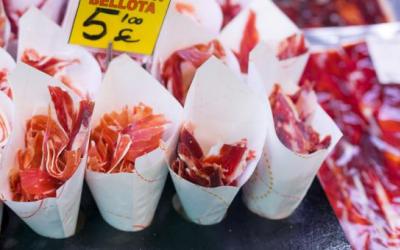Russia reduces dependence on imported hatching eggs

The Russian Federation continues to reduce its dependence on foreign supplies of hatching eggs, which is a positive trend for the domestic poultry industry. The general director of the National Union of Poultry Farmers, Sergei Lakhtyukhov, noted at the plenary meeting of the agricultural forum in Ufa that currently the dependence on imported hatching eggs is less than 10%. This represents a significant decrease compared to previous years.
According to Mr. Lakhtyukhov’s presentation, in 2023 the import of hatching eggs amounted to just over 300 million. This is significantly less than in 2019-2020, when the volume of imports reached about 700 million units per year. In 2022, imports fell to about 400 million units. It should be noted that the largest share in foreign supplies falls on turkey eggs .
The Ministry of Agriculture reports that a year ago the dependence of the domestic poultry industry on the import of hatching eggs was 13%. This means that Russia continues to reduce its dependence on foreign suppliers and develops its own production of hatching eggs.
Reducing dependence on imported hatching eggs has a number of advantages for Russia. Firstly, it contributes to the development of domestic poultry farming and support of local producers. Secondly, it reduces the risks associated with possible problems with external supplies, such as changes in prices on the world market or logistical difficulties. Thirdly, reducing dependence on imports contributes to market stability and increased competitiveness.
However, despite the positive changes, Russia still imports a significant amount of hatching eggs. Therefore, it is important to continue to develop domestic production and reduce dependence on imports. This can be achieved by supporting domestic poultry farmers, investing in modern technologies and training specialists in the field of poultry breeding.
In conclusion, reducing Russia's dependence on the import of hatching eggs is an important step in the development of domestic poultry farming. This allows the country to develop its own production, reduce risks and increase competitiveness in the world market. However, it is necessary to continue efforts to develop domestic production and reduce dependence on imports.


























































